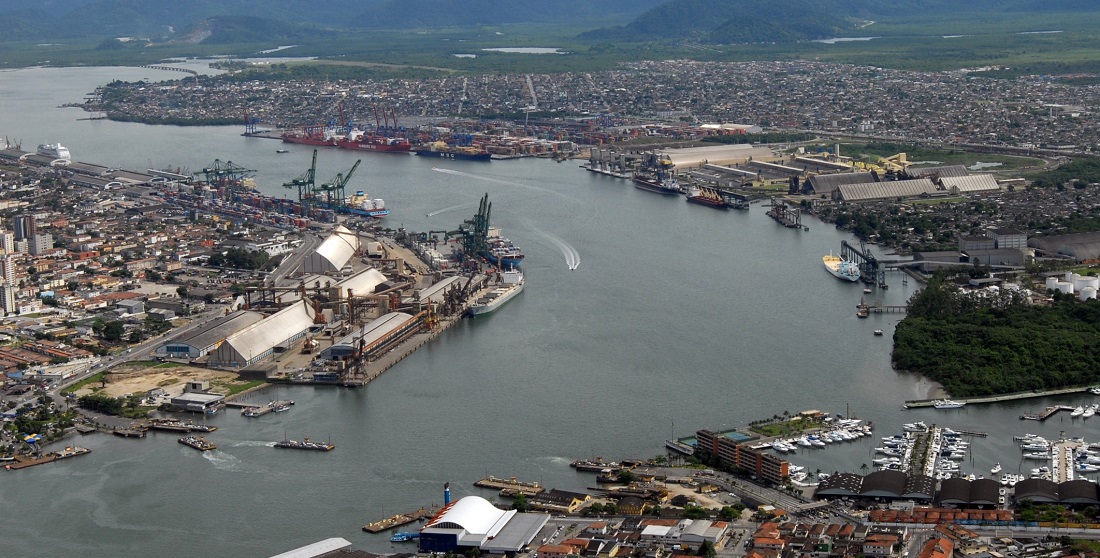
Antaq approves tariff restructuring of the Port of Santos
Jan, 11, 2022 Posted by Gabriel MalheirosWeek 202202
The National Waterway Transport Agency (Antaq) has determined that the new tariff list for the Port of Santos will go into effect on February 1st. In December, the organization had already approved the modification of the charging criteria in relation to the use of public services in the port, as provided for in Antaq Resolution No. 32, of May 2019.
Previously, in this resolution, Antaq had granted a 13.19% readjustment in the tariff collection mechanisms of the Port of Santos, largely rectifying the historical lag seen in tariffs, which had been frozen since May 2018. In actuality, the increase will be significantly below the inflation rate as assessed by the IPCA, the Extended National Consumer Price Index, which was 22.72 percent from June 2018 to December 2021.
The adjustment will be applied in a staggered manner, taking effect on February 1st for tariff table I and on April 1st for the other tables.
The readjustment will be computed such that, over the next 36 months, the total tariff income earned by the Port of Santos will equal total costs plus growth and modernization investments for the common infrastructure, as decided by Antaq.
The most significant alteration that will soon go into effect is that charges will now be calculated based on the use of the waterway infrastructure by deadweight tonnage (DWT) and no longer in relation to the amount of cargo loaded on the vessels. As of right now, a ship with empty containers pays practically nothing to access the port, regardless of its size.
According to SPA’s new understanding, a ship equally requires the availability of the public infrastructure, as well as other services associated with the navigation channel, regardless of whether loaded or not. In effect, other loads, primarily bulk, support such operation under the current tariff list.
The new logic corrects this distortion, favors efficiency, and encourages sustainability by stipulating a gradual reduction in the unit value per unit of TPB, encouraging gains with the use of larger vessels, and granting discounts as per the following criteria:
- Frequency (the more a ship docks at the Port, the greater will be discounts)
- Cabotage shipping
- Sustainable vessels (ships powered by clean propulsion mechanisms according to the Environmental Ship Index)
- By length of stay in the mooring berth
Land services will also have their charging criteria changed. The “time” and “area” factors will be replaced by handling measured either in tonnage or container unit. With this, SPA aims to correct distortions due to locational issues for the same load typologies.
Please see the following link to read SPA’s press release regarding the adoption of its new tariff list: http://www.portodesantos.com.br/2022/01/10/antaq-aprova-reestruturacao-tarifaria-do-porto-de-santos-2/
-
Ports and Terminals
Oct, 06, 2020
0
Port of Suape gains new cabotage route from CMA CGM Group
-
Ores
Oct, 24, 2019
0
Vale will begin testing autonomous operation on off-highway trucks in Carajás
-
Dec, 08, 2021
0
Brazilian soy exports set new record
-
Economy
Feb, 21, 2025
0
China promises Latin America ‘trustworthy’ ties as Trump lays out demands

